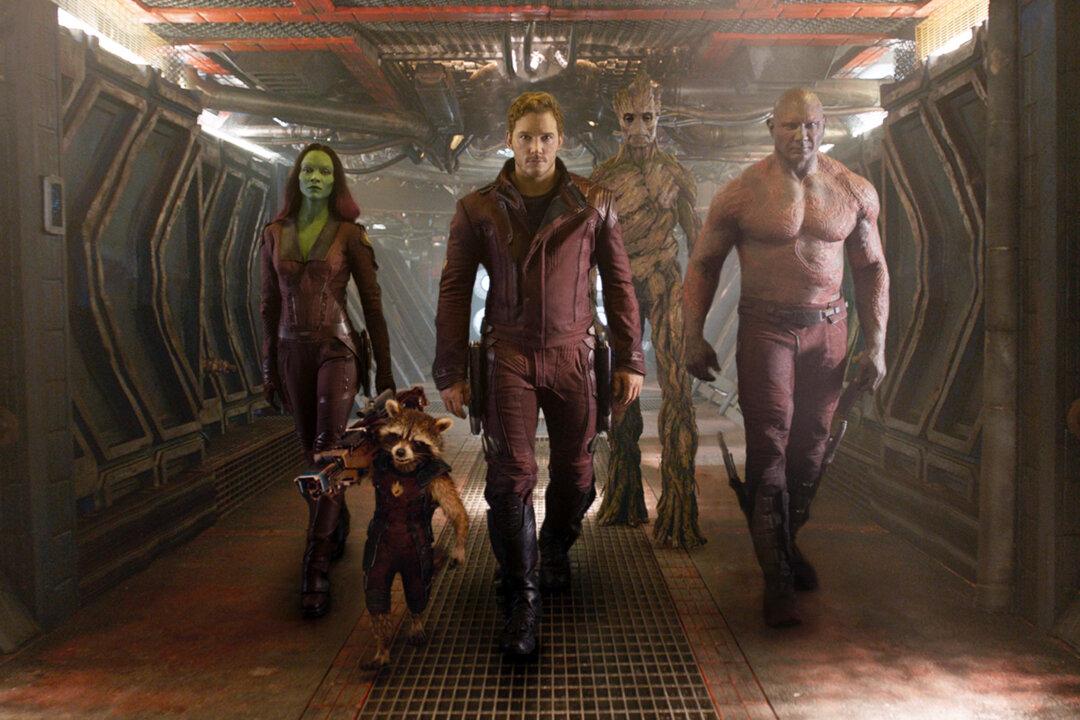NEW YORK—“Citizenfour” documents Edward Snowden’s first encounters with director Laura Poitras and journalist Glenn Greenwald and their eight days together in a hotel room going over the NSA revelations that would lead to espionage charges against Snowden.
Poitras spoke the morning after “Citizenfour” premiered at the New York Film Festival.
AP: What was it like in that hotel room?
Laura Poitras: My experience was unlike any that I’ve ever filmed. I’ve worked in conflict zones and this felt more dangerous than any other place I’ve ever been. I felt the stakes were just incredibly high. I remember thinking very much that all my experiences as a filmmaker kind of went on autopilot.
Emotionally, it was really hard because I really felt this person was absolutely putting their life on the line, and there was a certain burden to participate in that and witness it and not know what the outcome would be. So it felt like a bit of a free fall.
AP: Was your role at all confusing, being that you were there as a journalist, a filmmaker, and an ally in a cause?
Ms. Poitras: When I was in Hong Kong, I was there as a documentary filmmaker, so I would call that visual journalism. I was there to record what I perceived to be a historic event. I wanted to be able to see somebody who’s risked everything. That doesn’t happen every day. I had different roles at different times. A lot of people could have written stories about these documents, but I felt like not a lot of people would have gotten into that hotel room.




